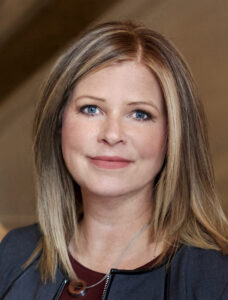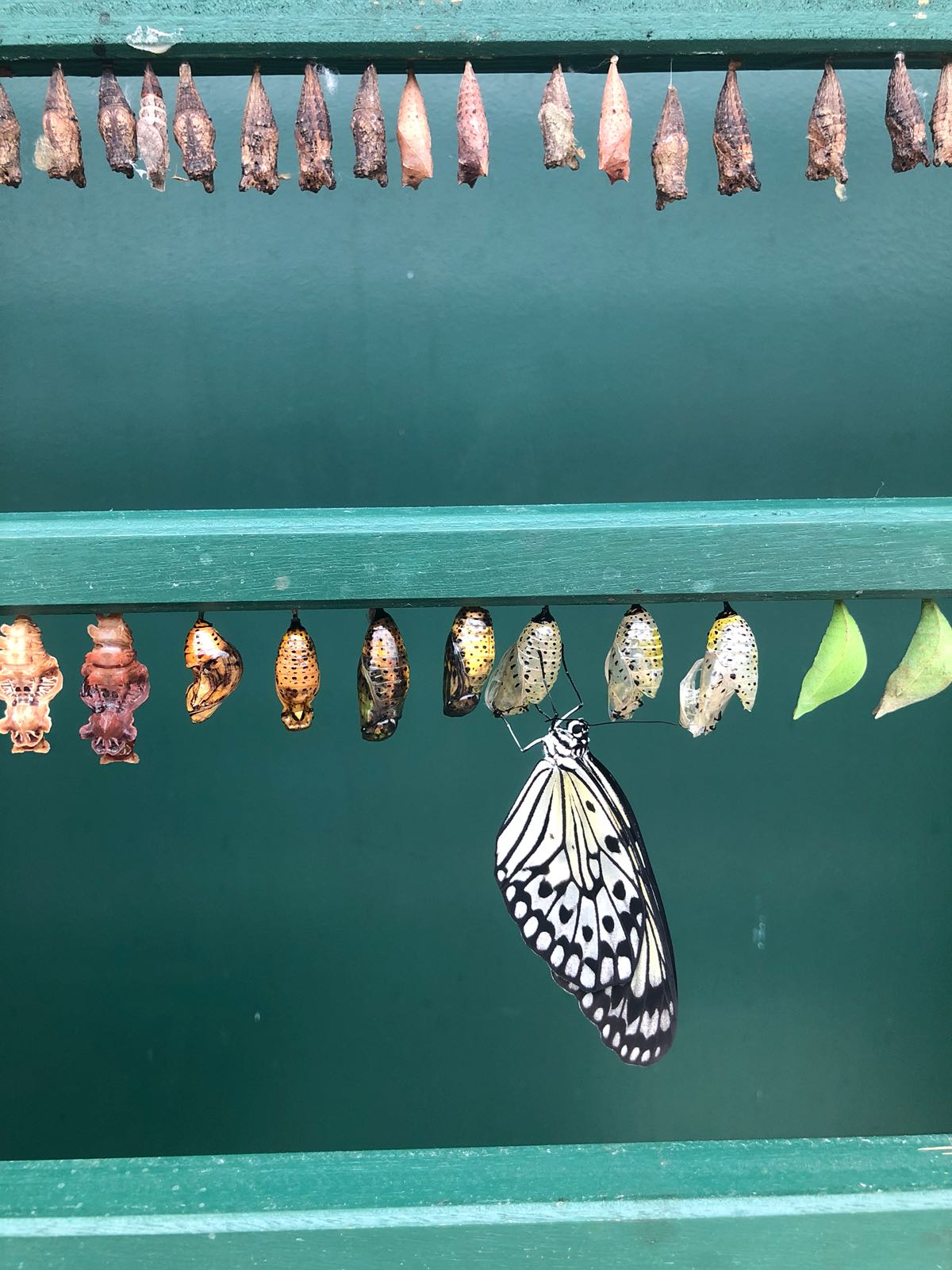When researchers ask parents what they want most for their kids, the majority answer independence and a successful launch into adulthood. The question is how do we get our kids to become more mature? As a parent it can feel daunting to find your way through competing and contradictory views on how to raise kids. The exponential increase in parenting experts, books, and social media accounts makes getting a straight answer anything but simple.
Parents continually tell me that the more experts they listen to the more they feel ill equipped to raise a child. Paradoxically, the advice they seek to help with their anxiety, overwhelm, or depression can make them feel worse and less competent.
It is distressing to want to be the answer for your child and feel like you have no answers.
Underneath all the advice giving exists two contradictory belief systems on what kids need to grow well. The end goal is to help our kids reach maturity where they strive to reach their goals, can be with others and not lose a sense of themselves, have compassion and be considerate to others, can adapt to lack and loss and become more resilient and resourceful.
Part of the problem is there is a massive shift in science on how humans become mature. Developmental science is overturning three hundred years of parenting and educational practices. There are two separate and competing approaches on raising kids: a developmental/relational versus a behaviour/learning one. The behavioural approach is no longer supported by neuroscience, attachment science, developmental psychology, as well as Indigenous wisdom and knowledge.
The roots of the now defunct behavioural approach began with John Locke and believes that children need to be taught how to act mature with a focus on logic and reason to get there. The goal is to shape a child’s behavior by using outcomes in the form of rewards, threats, punishment, spanking, consequences, fear-based tactics, ‘123 magic,’ and time-outs. If a child acted better after being punished then it was believed the child was more mature. What was never considered was why a child seemed to act better? Had they learned a lesson? Were they really more civil or considerate or had they become more afraid? What is not well understood is that feeling alarmed is a powerful suppressant of most behaviour and emotion, but this is a dangerous outcome and shouldn’t be confused with maturity.
You might ask whether kids should ever feel alarmed then? It would be impossible to make fear disappear but if we were somehow able to achieve this it would only make our children more fragile and afraid of the world they live in. Simply put – we were never meant to be the source of fear and wounding but the answer to it. When they are alarmed we are meant to be the source of safety and comfort. We cannot shield for our children’s hearts if we are also the one to wound them.
It is also part of our job as parents to set expectations, limits, and deal with challenges resulting from their immaturity, but we don’t have to resort to heavy handed discipline that turns us into adversaries. What we now understand about human development is that attachment is the survival instinct at the root of our health and well-being, and caretaking. At the heart of a developmental approach is that relationship and emotions are the key drivers to maturity, which means we need to hold onto our relationships with our kids.
What a developmental approach has brought into view is that healthy brain development and good caretaking is the key to a child’s growth. By the age of five to seven if a child is ideally growing, their brain is sufficiently able to mix conflicting feelings and thoughts so that they think twice before acting. Mixed feelings will help them sit with problems and find their way through by reflecting, forming intentions to do differently, and taking action to rectify situations in which they were wrong. Maturity is built upon the internal conflict among competing emotions, ideas, and beliefs. There is no energy or luxury in the system to do this if a child is not first anchored in a safe and caring relationship.
Becoming more mature is the answer to most behaviour problems but the key to maturity starts with feeling connected to the people who are responsible for guiding and caring for you. Kids need to feel their vulnerable feelings to grow such as caring about themselves and others, sadness when things don’t go their way, and alarmed when we they are truly unsafe and need help. You need to feel safe first in order to feel vulnerable emotions.
We cannot lose our own caring as caretakers and resort to hurting our kids in the name of growing them up. The brain is built upon relational safety and not by carving into them ways of acting based on fear. Discipline is what we do to compensate for a child’s immaturity but shouldn’t cost us our connection. When kids at deeply attached they want to be the same and good for us. Attachment makes them want to meet our expectations and to turn to us for guidance, safety, and to measure up.
Parents today compete with too many things for their kids attention – from screens to their peers. If we are to hold onto our kids we will need to see ourselves as the relational homes they need. We will need to find ways to lead through challenges and the impasses with them while holding onto their hearts. We will need to believe that we are the ultimate answer to what they need to grow even if we don’t always have the answers on what to do. Finally, we will need to remember that parent have been raising kids for thousands of years without a manual.
We already have what they need inside of us and with enough caring, reflection, and patience with ourselves and kids, we will find our way through.

Dr. Deborah MacNamara is an author, clinical counselor, and faculty member of the Neufeld Institute, founded by Dr. Gordon Neufeld. Her books, Rest, Play, Grow and Nourished, have been translated into over 15 languages and are bestsellers. Deborah supports parents, educators, and professionals in understanding children and transitioning into parenthood.


